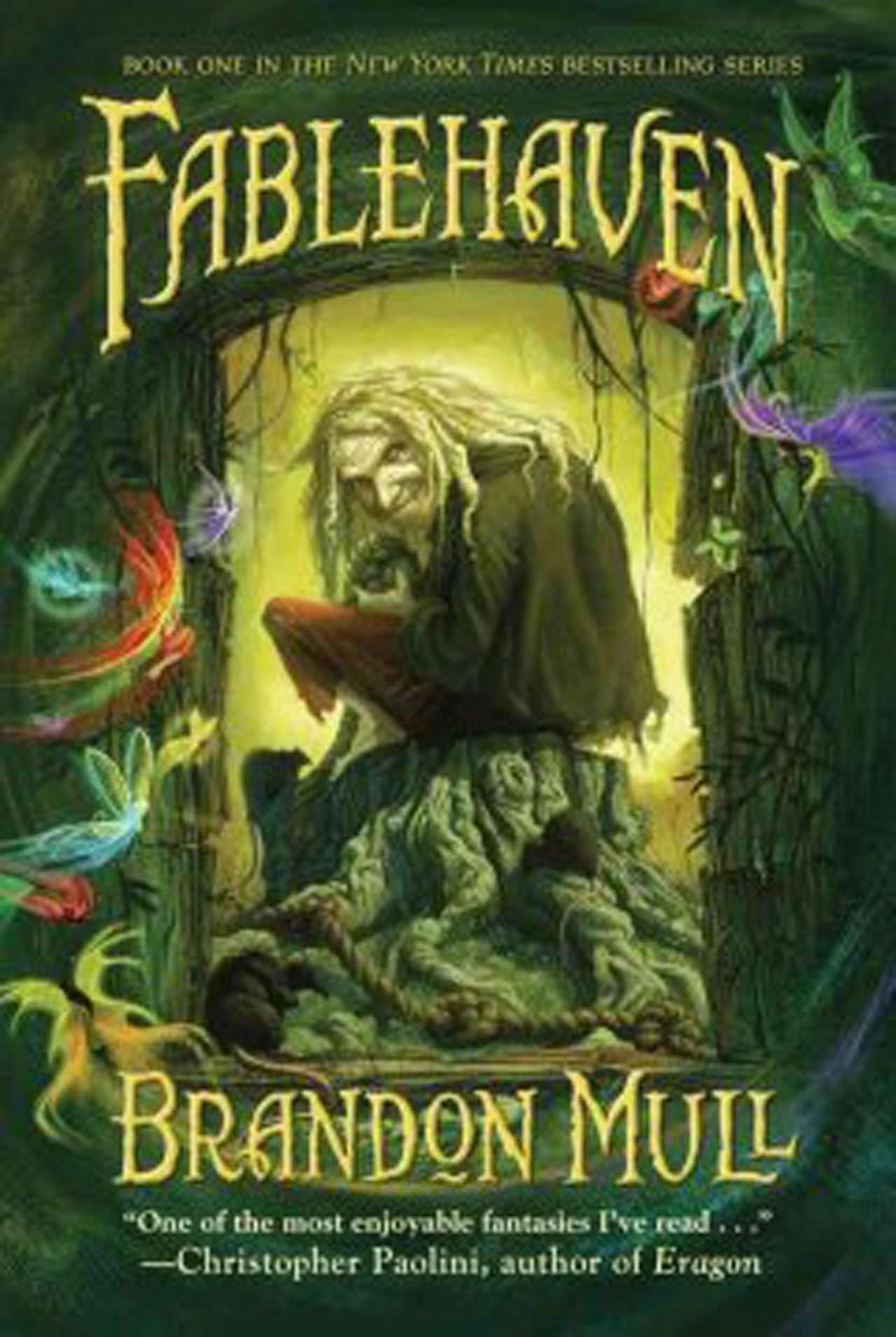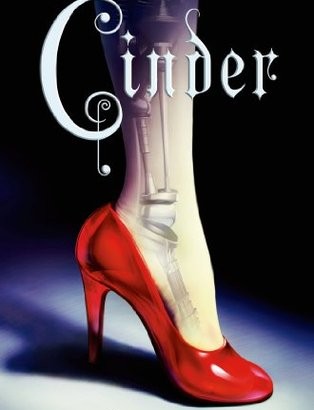By Ankita
Are you having trouble finding good fantasy series to read? I've collected 5 of (in my opinion) the most interesting fantasy series to read.
5. Fablehaven, by Brandon Mull- Fablehaven (both the name of the series and the first book) stars two siblings, Seth and Kendra who are sent to live on their grandparent's nature reserve, which is full of all sorts of magical people and creatures, some of whom are neutral and others are very dangerous. I really enjoyed reading this entire series, and it really pulls you into the story and the world, and it uses creatures from many different mythologies in different places to give you a sense of how big the world really is. There are five books in this series, and I would recommend all of them.

4. Cinder, by Marissa Meyer- The first book in the Lunar Chronicles series, Cinder stars a young cyborg named Cinder who is an acclaimed mechanic in futuristic New Beijing, where a mysterious plague is spreading, and Lunars (people who live on the moon and have developed unique powers) are threatening war. Technically science fiction, this book is a rewrite of Cinderella. I found this book to be riveting, and the integration of spaceships and advanced technology to be very well done. It's also interesting because the book is mostly set in a futuristic Beijing, where other science fiction books that I've read tend to be set in the Americas or England.

3. Magyk, by Angie Sage- Magyaru, the first book in the Septimus Heap series. This book is about a girl named Jenna who is found in the woods by the Heap family. On her 10th birthday, she finds out that she is the princess, and is being chased by the malicious Custodian. It is set in the Castle, which seems to be based on medieval Europe, although it is hinted to actually take place many years in the future. People can be Ordinary Wizards, and there is always on ExtraOrdinary wizard who takes care of everything magical that happens within the castle walls. This book has been a longtime favorite of mine, and it has stood up to countless rereads.

2. Bartimaeus Trilogy, by Jonathan Stroud- The Bartimaeus trilogy is about an alternate world, in which magicians run London using the power of spirits that they summon-spirits like Bartimaeus, who has been around since 3010 BCE. Bartimaeus is summoned secretly by a young magician named Nathaniel. The books alternate between modern day and flashbacks to previous masters of Bartimaeus, all interspersed with plenty of sarcastic footnotes. I really love this series, and it balances lots of dry humor with moments of emotional weight very skillfully, as well as giving Bartimaeus and other spirits a sense of age.

1. Lord of the Rings, by JRR Tolkien- I'm sure that all of you have heard of this series, possibly the most famous series of high fantasy ever. If you haven't read it yet, I highly recommend it. Although the length and the language can be daunting, once I went past the first few pages it became easier to understand, and I quickly got absorbed in the story.
Great idea for a post! I enjoy reading fantasy as well and now I'm convinced to read Lord of the Rings. I like how you incorporate a summary of what the book is about and then give your own opinion about it.
ReplyDeleteAwesome post! I've been looking for a good fantasy book for awhile now. Out of the 5 series you mentioned I've only read Cinder, but I've heard a lot of great things about Lord of the Rings and Fablehaven. I liked how you gave a little warning about Lord of the Rings, and I'll be sure to check it out the next time I go to the library.
ReplyDeleteI will definitely check out Bartimaeus and The Lord of The Rings (which I've been meaning to read anyway)! I've read The Lunar Chronicles, Fablehaven (though I didn't realize there were multiple books, so I only read the first one), and the Septimus Heap series. I enjoyed all of them (especially the Lunar Chronicles. I cannot express how much I enjoyed it), and therefore I am confident I will enjoy the other books on this list. Thank you!
ReplyDeleteMy favorite out of all of these is definitely the Lunar Chronicles. I'm interested in checking out some of the other ones on your list, though! You did a great job of giving a quick plot summary and commentary.
ReplyDeleteThank you so much for compiling these books! I've read a few of these and I definitely agree with your compilation; these are really good books all around. My favorite one out of these is the Fablehaven series. I have so many fond memories reading the series. Good post!
ReplyDeleteInteresting, I have heard of some of these series like Lord of the Rings and Fablehaven, but I'm unfamiliar with any of the others. So, I will see if I can check out some of these series and give them a read through.
ReplyDelete